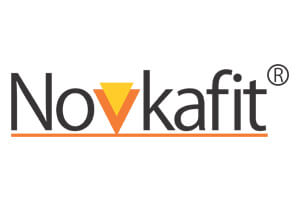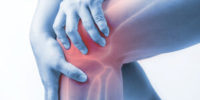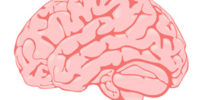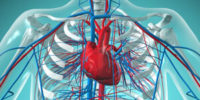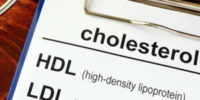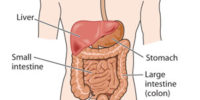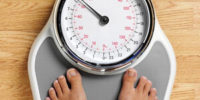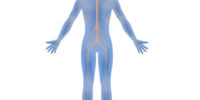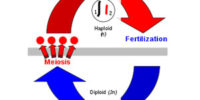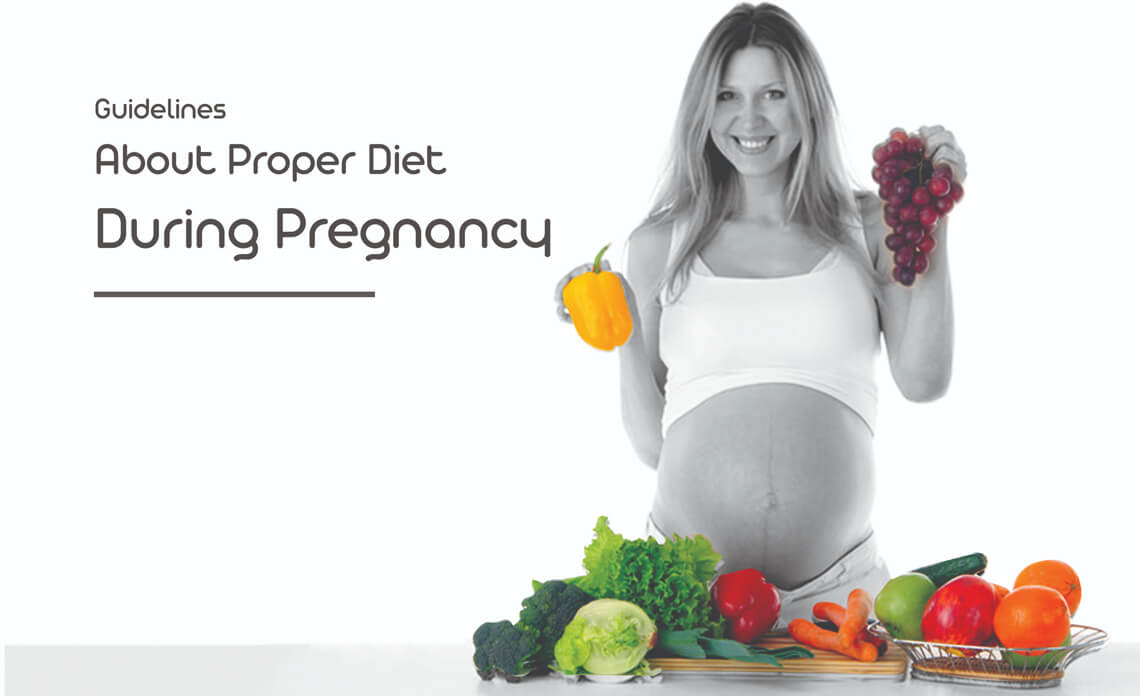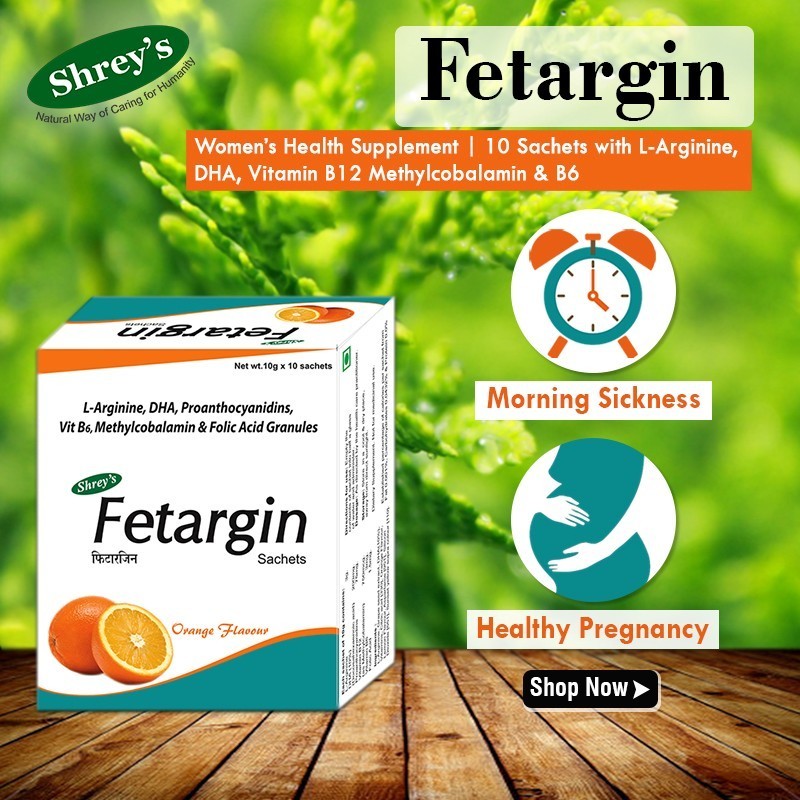When you are pregnant, eating a healthy diet is more important than ever. Everything that you eat or drink will affect your baby’s development.Moreover, a healthy diet will help maintain your health as well as develop the uterus and prepare your breasts for breastfeeding.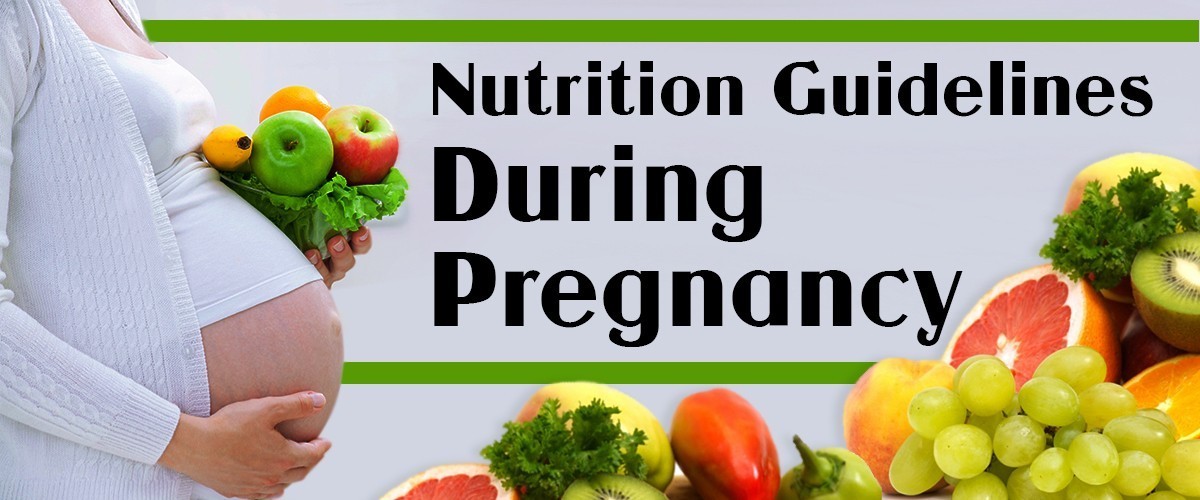
The diet during pregnancy should be adequate for:
- Maintenance of mother’s health
- Needs of the growing fetus
- Successful lactation

- A healthy diet for pregnant women should be nutrient dense and requires more calories, proteins, iron, calcium and folate.
- Maintain a steady rate of weight gain. Aim for 1– 2 kg gain in the first trimester and then about 2 kg each month during the second and third trimester. A total weight gain of around 10-13 kg for healthy women is considered normal.
- All fruits and vegetables should be thoroughly washed before use.
- Avoid excessive use of salt.
- Avoid excessive use of caffeine.

- Our daily energy requirement increases during pregnancy by more than 300 calories. We need energy for the fetus to develop.
Sources of energy are whole grains, cereals etc. - Additional 15 g intake of protein during pregnancy helps fetal tissue grow thandincreases blood supply. Proteins play a vital role in development of breast and uterus during pregnancy, it also maximizes the fetal brain development.
Sources of Proteins are eggs, milk cottage cheese, chicken, nuts, beans and dals. - Additional 1000 mg Calcium is needed during pregnancy. Calcium helps in the development and formation of the fetal skeleton and it aids in the development of baby’s tooth buds.
Sources of Calcium are milk, yogurt, cheese, leafy vegetables, egg yolk etc. - At least 2 servings of vitamin C food sources are required for helping heal wounds and repair tissues. Vitamin C helps in the development of bones and teeth. It also assists various other maternal and fetal metabolic processes.
Sources of Vitamin C are tomatoes, strawberries, melons, peppers, citrus fruits etc. - 400 mg of Folic Acid is needed during pregnancy which significantly decreases the risk of your baby being born with neural tube defects.
Sources of Folic Acid are dark green leafy vegetables, citrus fruits and juices, fortified breads and cereals, whole grains, dried beans and peas. - Additional 8 glasses of water or fluids helps to build the fetus’s cells, develops the circulatory system, delivers nutrients to the fetus, assists with the excretion of wastes, helps prevent dry skin and reduces the risk of urinary tract infections.
Sources are coconut water, lemon water, handmade soups etc. - 30 mg of Iron is needed during pregnancy for the increase in maternal blood volume and prevents anemia.
Sources of Iron are green leafy vegetables, nuts, jaggery, beans& dals, meat, fish and poultry.Eating the right amount of food is also important in pregnancy which helps to promote a healthy growth of the new born. A balanced diet helps to reduce the risk of nutrient deficiencies. It results in proper physical, mental and emotional development of an infant.



